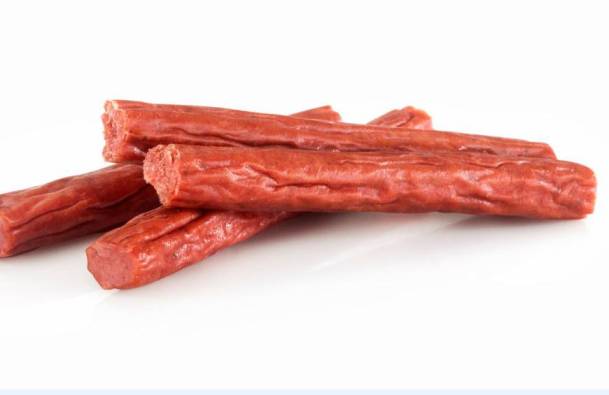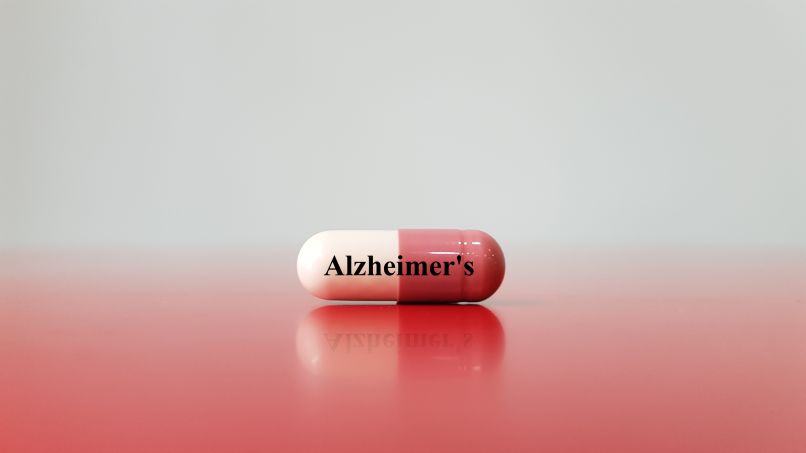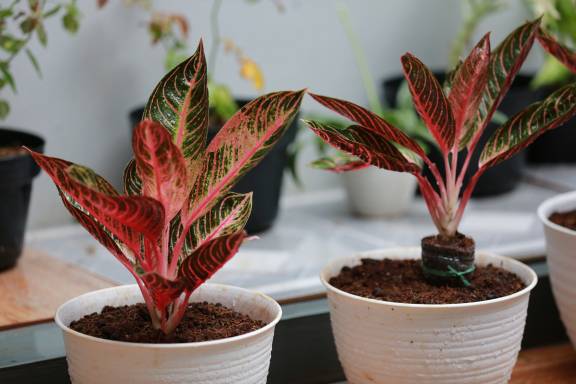Connect with a verified veterinarian in minutes. Licensed vets are available 24/7 to answer your questions. No need to worry about your furry family member.
Hibiscus are plants that are common across warmer parts of the US. They can be found in backyard gardens, around the house, and more. They’re beautiful flowers, but what happens if your dog eats hibiscus leaves? Can hibiscus leaves make your dog sick?
Has your dog eaten hibiscus leaves? Are you worried that hibiscus leaves will make your dog sick? If so, you’ve come to the right place. We understand it can be scary if your dog eats something like this.
We’ve gathered information about hibiscus leaves and whether they can make a dog sick. Let’s get started!
What are Hibiscus Leaves?
Hibiscus is a flowering plant that is part of the mallow family of plants. These plants are large, and there are several hundred species that grow in warmer, subtropical, and tropical regions of the world. The plants are prized for their large, showy flowers that come in bright colors.
While hibiscus are beautiful plants, could they make a dog sick?
Hibiscus Leaves & Dogs
Unfortunately, there are certain types of hibiscus plants that are toxic to dogs. These include the Rose of Sharon and other species of hibiscus. If your dog has eaten a hibiscus plant or the leaves, it’s best to believe this is a toxic plant. However, this seems to be very rare—not many cases of hibiscus poisoning have been reported in dogs.
Even non-toxic hibiscus plants could still make a dog sick.

Review symptoms, medications & behavior to keep your pets healthy with a Vet Online in just minutes.
Ask a Vet Live NowSymptoms of Hibiscus Ingestion in Dogs
You may notice these symptoms if your dog has eaten hibiscus leaves or other parts of the plant:
- Vomiting
- Diarrhea
- Mouth & throat irritation
- Nausea
- Excessive drooling/licking of lips
- Abdominal pain
If your dog shows any of these or other symptoms, it’s best to call the vet right away. This could be an emergency.
Treatment of Hibiscus Toxicity in Dogs
The vet may induce vomiting and use activated charcoal to remove any toxins from your dog’s system. In addition, your dog could have developed dehydration from persistent diarrhea and vomiting. In that case, the vet may treat your fur baby with IV fluids and use the IV to administer medications.
In addition, the vet may also treat your canine companion with medications that protect his digestive tract from irritation.
The prognosis is best for dogs that receive prompt medical attention, though most dogs will make a full recovery after eating hibiscus. In the future, it’s best to teach your dog not to eat hibiscus plants. If he’s persistent, it may be necessary to remove the plants from his part of the yard. You’ll both be happier for it!
Connect with a verified veterinarian in minutes. Licensed vets are available 24/7 to answer your questions. No need to worry about your furry family member.

Julie
Julie is a graduate of the University of North Carolina, Wilmington, where she studied Animal science. Though contrary to the opinion of her parents she was meant to study pharmacy, but she was in love with animals especially cats. Julie currently works in an animal research institute (NGO) in California and loves spending quality time with her little cat. She has the passion for making research about animals, how they survive, their way of life among others and publishes it. Julie is also happily married with two kids.
Review symptoms, medications & behavior to keep your pets healthy with a Vet Online in just minutes.
Ask a Vet Live Now





